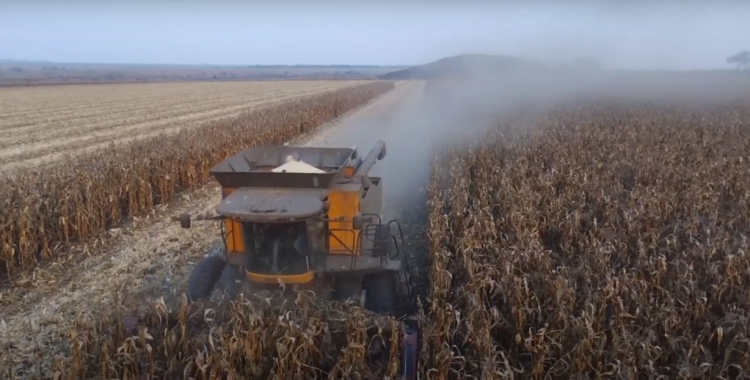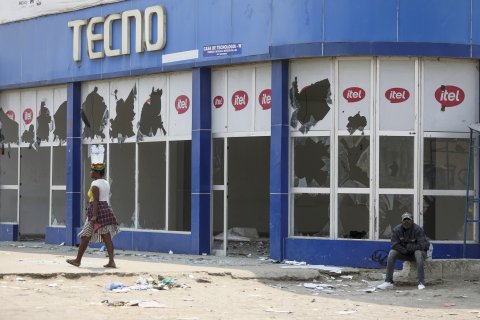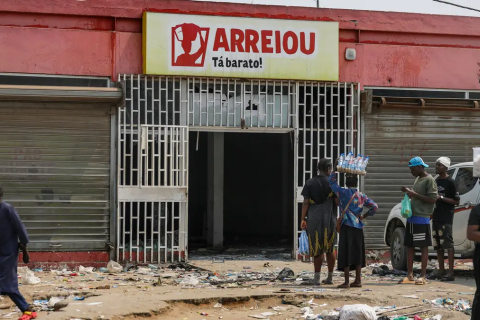The money was used for irrigation systems that were installed on two thousand hectares of land in order to maintain the production of agricultural products throughout the year. In addition, the money was also used in utensils and machinery needed for the farm (implements, tractors, generators, silos to store cereals, among others).
According to the farm administrator, José Alexandre, quoted by Angop, the farm has bet on this sector because they consider it the "green gold" of the country. For José Alexandre the agricultural sector is essential to help develop the national economy by fostering national production.
This bet allows the farm to reinforce the production, in large scale, of cereals, legumes, oilseeds and meat as well as to bet on the production of industrial products such as rations, corn, corn vats and rice. The money will also allow the farm to begin to deliver this type of products to the final consumer.
"Still in the industry sector we are exploring a slaughterhouse, bringing to the Angolan citizen a product with high quality and healthiness," he said.
He also took the opportunity to mention that covid-19 has had a negative impact on the sector, leaving some recommendations: "It is essential to electrify the country, subsidize fuel and electricity and encourage the emergence of the industry of insults, subsidies to production as happens around the world.
At the moment, the farm has an area of one thousand hectares of corn, soybean and bean exploitation. It also has 750 sows and 1500 head of cattle.
In addition, the Santo António farm intends to plant 1,000 hectares of rice in Quibala later this year. According to Angop, the farm already has a plant to peel, process and pack the rice as well as a silo with capacity to store about 4500 tons of rice.
The farm has also decided to invest in the social sector: they have built an elementary school and are finalizing the construction of a health center, which aims to improve the welfare of the population.
So far the farm has created 700 direct jobs.







